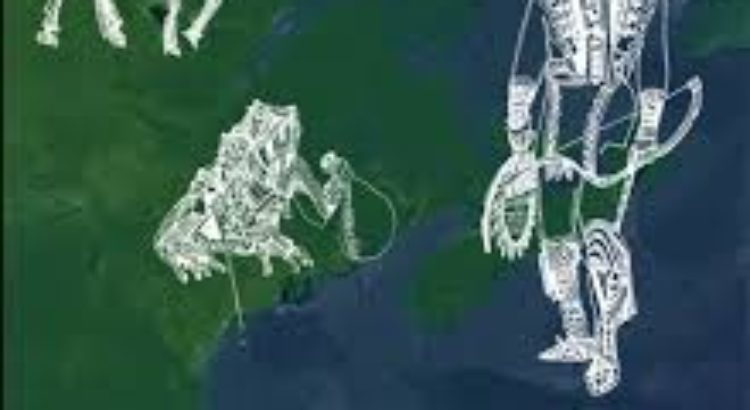North America/ Canada/ 05.11.2018/ Source: www.cbc.ca.
‘We are all treaty people,’ says curator of a portal aimed at better mutual understanding
The Wabanaki were New Brunswick’s first peoples, but David Perley says many students in the province are graduating from high school without knowing much about them.
«My ancestors identify themselves as Wabanaki people,» Perley said.
«In my language, that means people of the dawn.»
The Wabanaki Confederacy was around long before contact with European settlers, said Perley.
«They were dealing with other Indigenous nations, such as the Mohawks and so on. It was always discussing boundary lines, for example, or the need to have alliances against a common threat, political discussions on what they had to do in terms of internal governance and so on.»
After contact, said Perley, «It became a strong confederacy because of the need to have unity in terms of dealing with settler society.»
The director of the Mi’kmaq-Wolastoqey Centre at the University of New Brunswick in Fredericton said textbooks make barely a reference to Wabanaki history, let alone the culture and traditions that have been passed down for thousands of years.
The centre has launched a new online resource to try to rectify that.
It’s available to anyone looking for information about Indigenous peoples of the Maritimes.
Perley said the project was spawned by the many requests he used to get — dating back to the 1990s — from students and teachers looking for reliable reference material.
At the time, there was little to be found.
«And especially not any resource that was written by or produced by Wabanaki people — the Wolostoqiyik, the Mi’kmaq, the Passamaquoddy and the Abenakis,» Perley said during an interview with Information Morning Fredericton.
«So from that point on, I thought it was important for us to ensure that teachers have the proper tools to use in the classroom.

The collection includes this film about a contemporary Indigenous justice issue, the wrongful conviction of Donald Marshall Jr. (Justice Denied. 1989 © National Film Board of Canada)
«And also from the Wabanaki perspective, to share information about the history of the Wabanakis — the world views, the traditions and the ceremonies and the knowledge systems and so on.»
The Wabanaki Collection includes some carefully selected historical documents.
«I don’t want to recommend anything that would reinforce stereotypes and misconceptions,» said Perley.
Among the items that have stood the test of time are the Peace and Friendship treaties, documents that date back to the mid-1700s, which set forth mutual obligations of First Nations and the Crown.
One of the Truth and Reconciliation Commission’s calls to action was to renew treaty relationships based on principles of mutual recognition, mutual respect and shared responsibility for maintaining those relationships into the future.
«Within New Brunswick, I am promoting the fact that we are all treaty people,» Perley said.
«We should get to know one another. And we have to have more communications so that we will have a better understanding of one another and respect one another as well.»

The collection includes language apps and other resources for children, including an animated short by Françoise Hartmann that tells the tale of the great spirit Glooscap and how he battled with the giant Winter to bring Summer to the North and the Mi’kmaq people. (Summer Legend. 1986 © National Film Board of Canada)
The collection also includes a number of National Film Board productions about contemporary issues, such as the violent dispute over the burgeoning Indigenous fishery in Esgenoopetitj in the early 2000s.
There are CBC News items, language-learning apps for adults and children, and interactive maps with Wabanaki legends, to name just a few offerings.
Another of the commission’s calls to action is «developing and implementing kindergarten to Grade 12 curriculum and learning resources on Aboriginal peoples in Canadian history, and the history and legacy of residential schools.»
George Daley, the president of the New Brunswick Teachers’ Association, said that organization hadn’t known the collection was in the works, but the Education Department has given its seal of approval.
«It is an appropriate resource for our New Brunswick teachers to supplement their curriculum,» Daley said.
Source of the notice: https://www.cbc.ca/news/canada/new-brunswick/indigenous-education-wabanaki-collection-1.4889167









 Users Today : 7
Users Today : 7 Total Users : 35460216
Total Users : 35460216 Views Today : 10
Views Today : 10 Total views : 3418905
Total views : 3418905